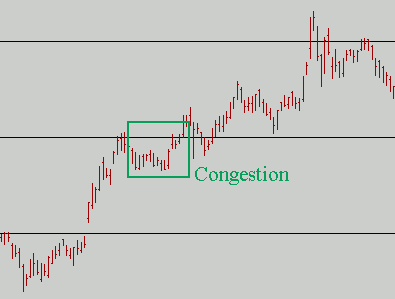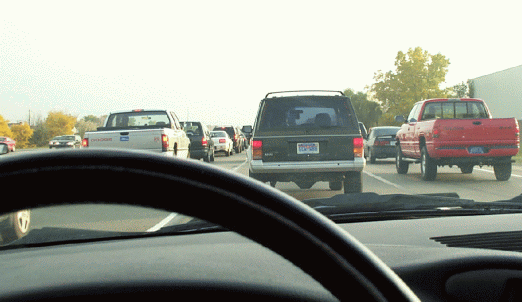

|
Congestion
The Enormous Challenges Ahead |
|
David Bernstein
|
| Committee for Smart New Jersey |
| May 2001 |



|
Congestion
The Enormous Challenges Ahead |
|
David Bernstein
|
| Committee for Smart New Jersey |
| May 2001 |










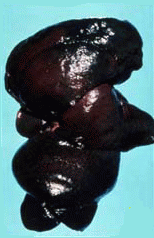
Liver Congestion

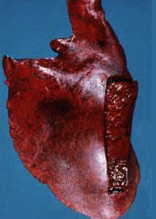
Lung Congestion



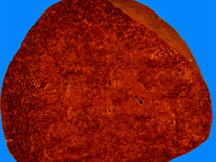
Spleen Congestion

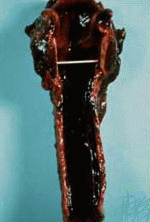
Trachea Congestion



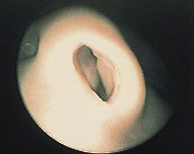
Nasal Congestion

Your nose produces about one quart of mucous daily, increasing to between three and four quarts when you have a head cold or severe nasal allergy.



A period of time when a stock trades either below resistance, above support, or both.
